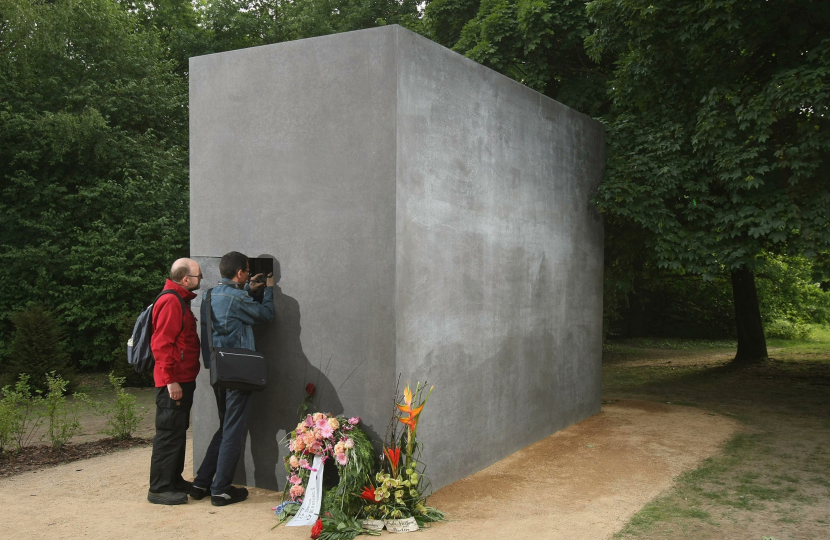
Today, we remember the plight of LGBT+ people during the Nazi Regime. From 1933-1945, 100,000 men were arrested for alleged violation of Paragraph 175 of the German Criminal Code that criminalised sexual relations between men. Many faced humiliation, torture and castration.
The Reich Central Office for the Combating of Homosexuality and Abortion specifically persecuted gay men - a perceived threat to birthrates. Numerous men were arrested without trial. 50% of those arrested would face a conviction. LGBT+ clubs and publications were shut down.
Only men could be convicted against p175, however women were occasionally arrested and the banishment of LGBT+ safe spaces made life extremely difficult for all LGBT+ people. Conviction varied based on other political/racial factors. The fate of Jewish gay men was dire.
In June 1935, p175 was made stricter, enforcing 10 years hard labour. Anti-gay propoganda intensified. 5,000-15,000 men were imprisoned in concentration camps. These prisoners were made to wear a pink triangle on their uniform that denoted them as “homosexual offenders”.
These prisoners would often be assigned arduous labour, and be subjected to physical and sexual abuse from camp guards and inmates. Some were subject to inhumane medical experiments. By 1942, concentration camp commandants officially had the power to enforce castration.
In 1945, gay prisoners were among those freed from concentration camps by allied forces. Sadly, many serving convictions remained in prison even after the war. P175 continued to convict tens of thousands more men. This statute was not repealed until as late as 1969.
n 2002, the German government overturned 50,000 Nazi-era convictions against gay men. Monetary compensation was given in acknowledgment of the dehumanising torment served against these men. Finally, in 2005, the EU ruled gay prisoners as victims of the Holocaust.
A Memorial to Homosexuals Persecuted under Nazism stands in Berlin as of May 2008. Before the Nazi regime, Germany was at the forefront in their study of sexuality and gender identity. Many German cities were known for LGBT+ prominence and their influence on culture.
The persecution of LGBT+ people during the Nazi period proves that, despite any prior progress made, prejudice is a resistant blight on society. And its only remedy is through both education and persistence. We can never forget and we must always remember.
Anna Ostrowski and Sam Stevenson - LGBT+ Conservatives International Coordinator and the Regional Coordinator for Northern Ireland

